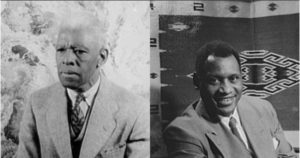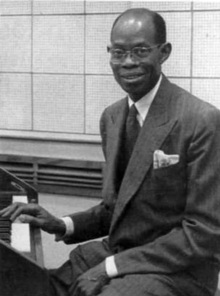History, Context, and Linguistics

A new book by Felcia Raphael Marie Barber with a foreword by Andrea J. Thomasa. New Perspective for the Use of Dialect in African American Spirituals: History, Context, and Linguistics investigates the use of the African American English (AAE) dialect in the musical genre of the spiritual. Perfect for conductors and performers alike, this book traces the history of the dialect, its use in early performance practice, and the sociolinguistic impact of the AAE dialect in the United States. Read more and purchase!


